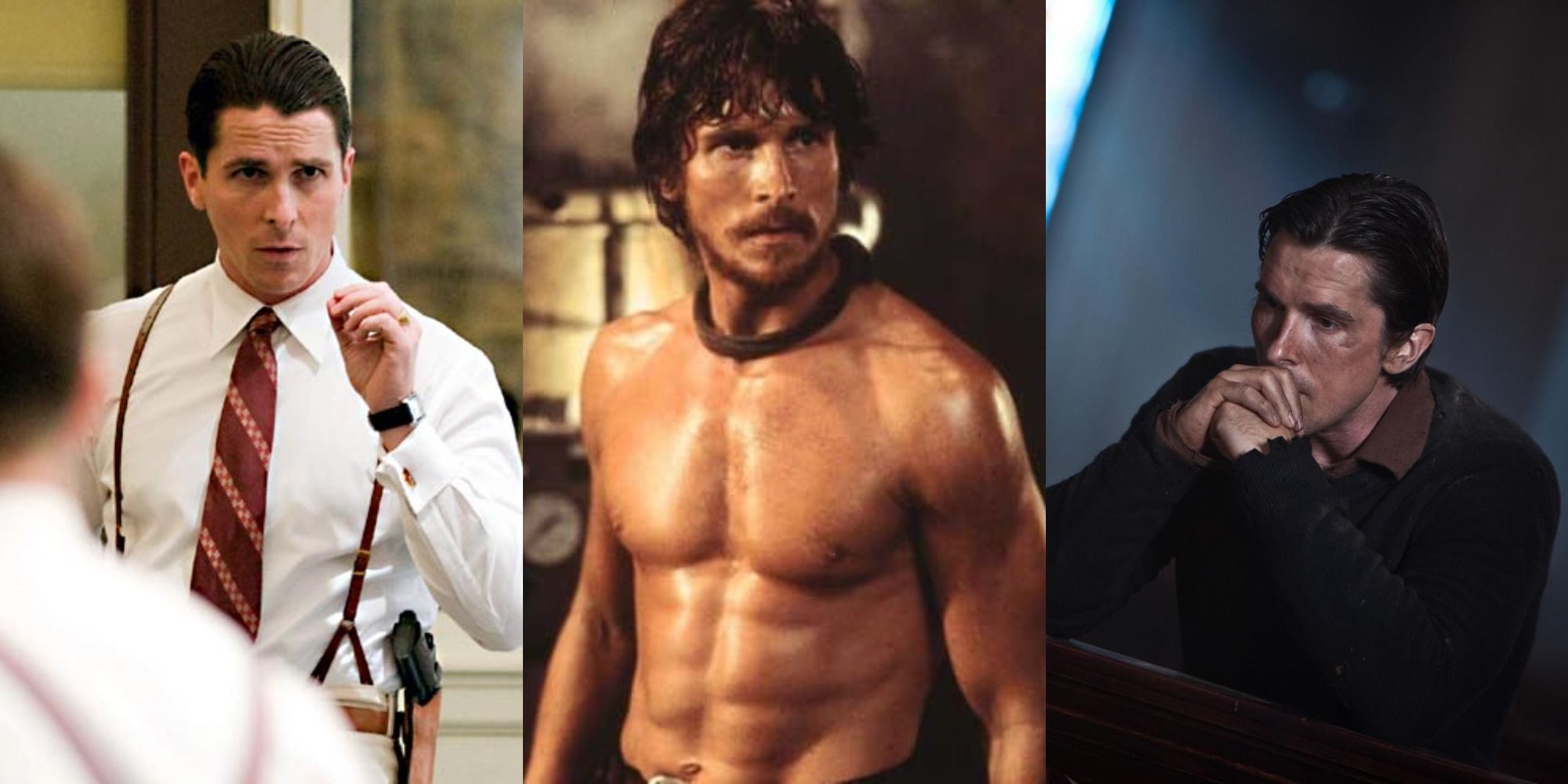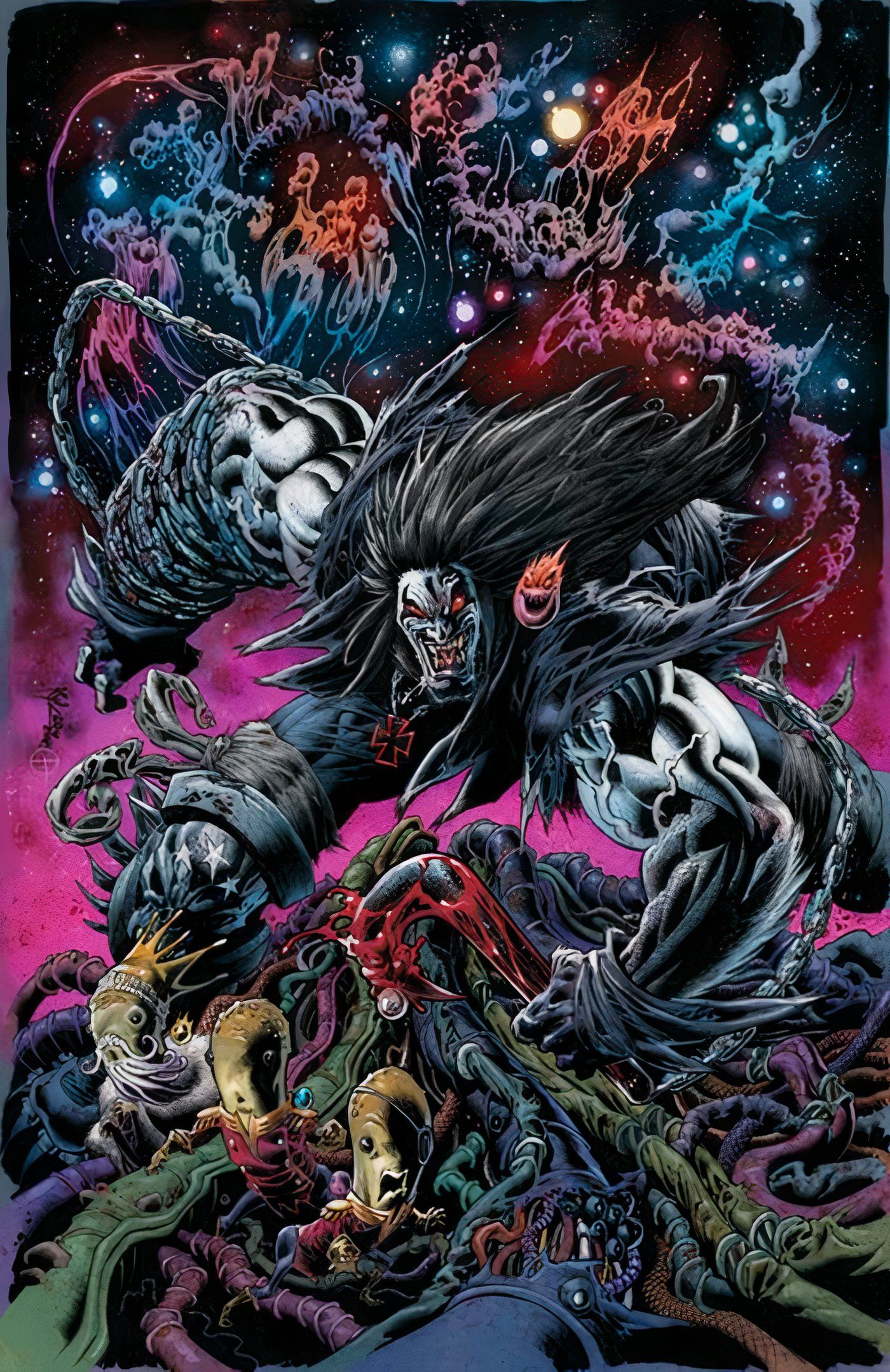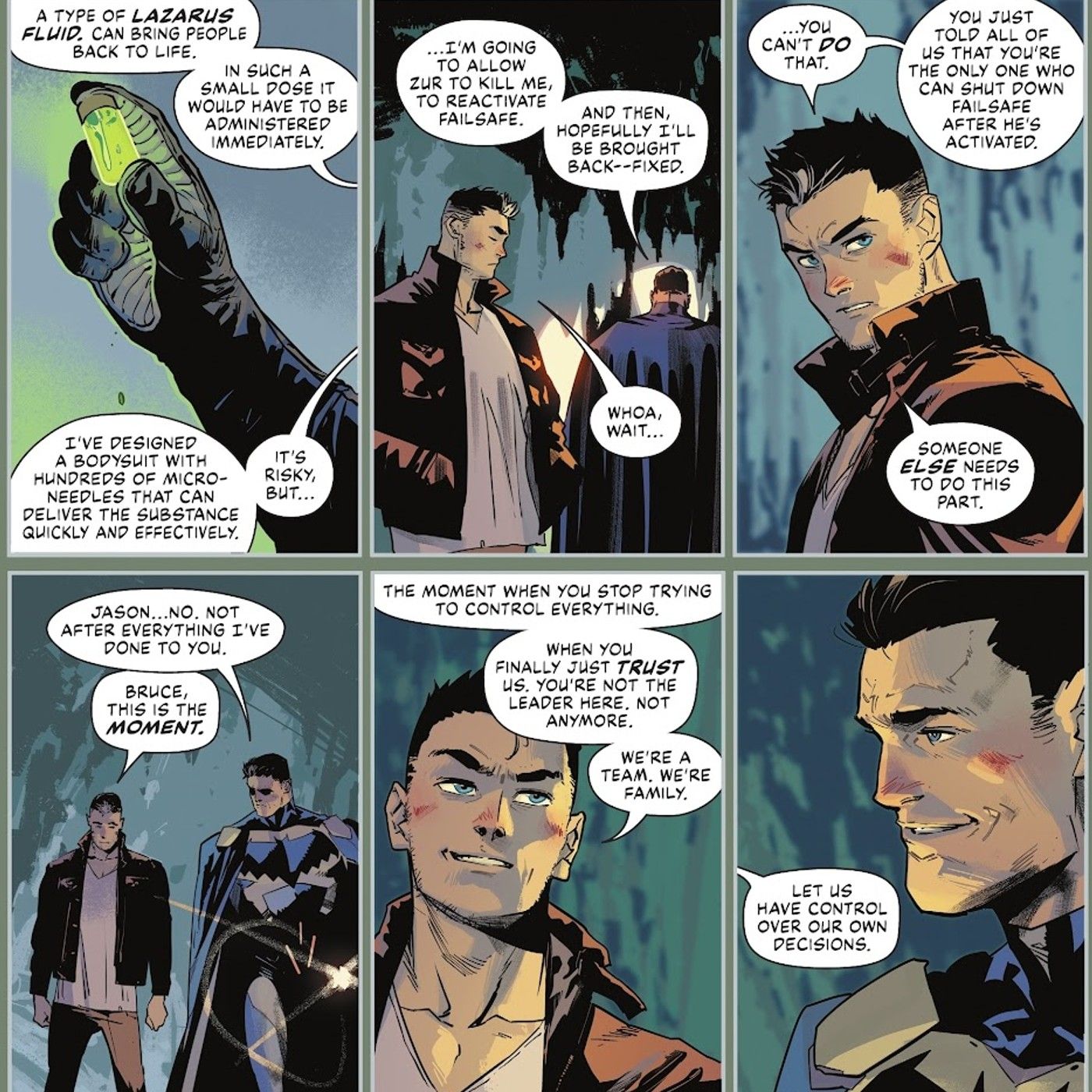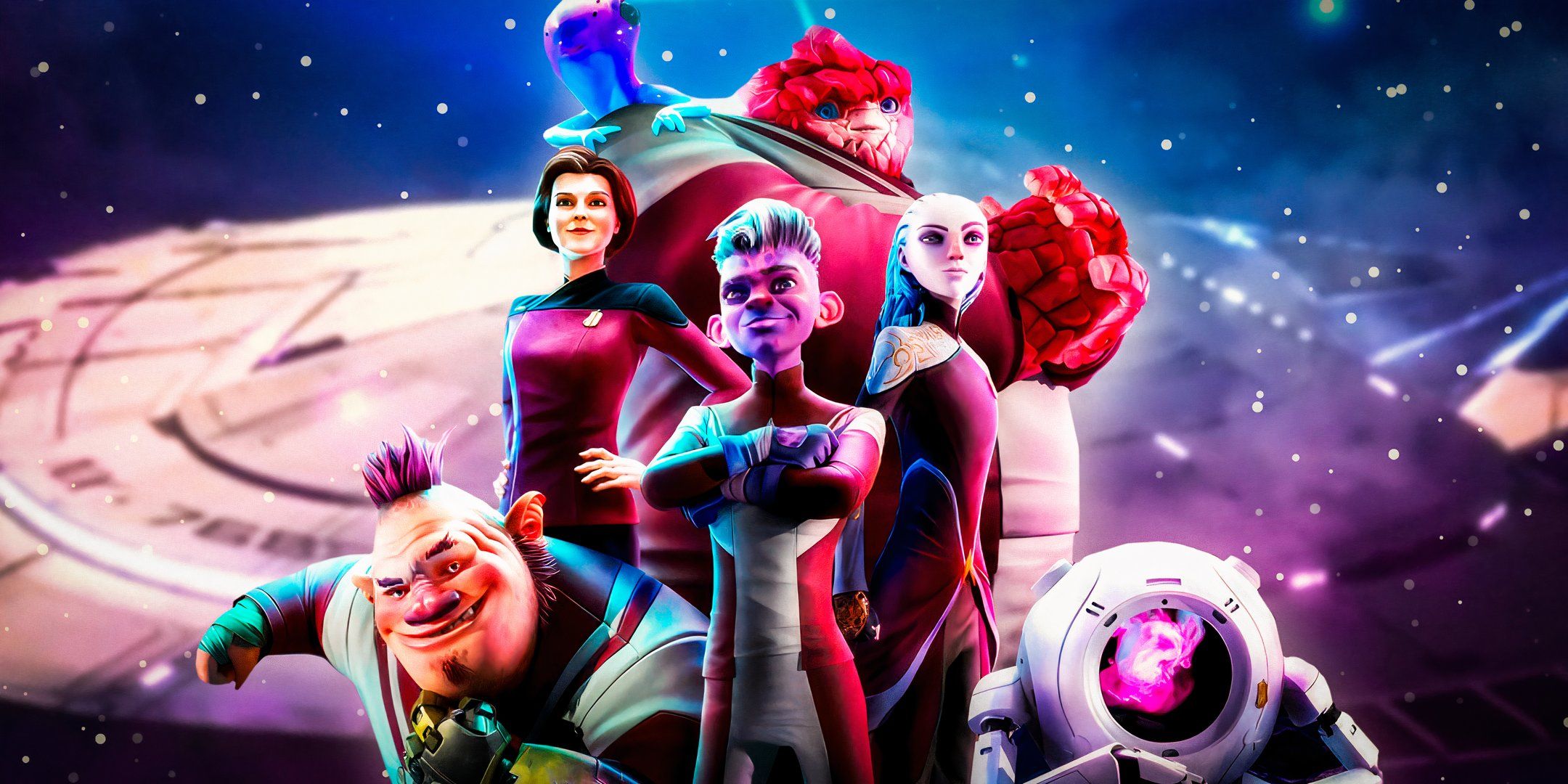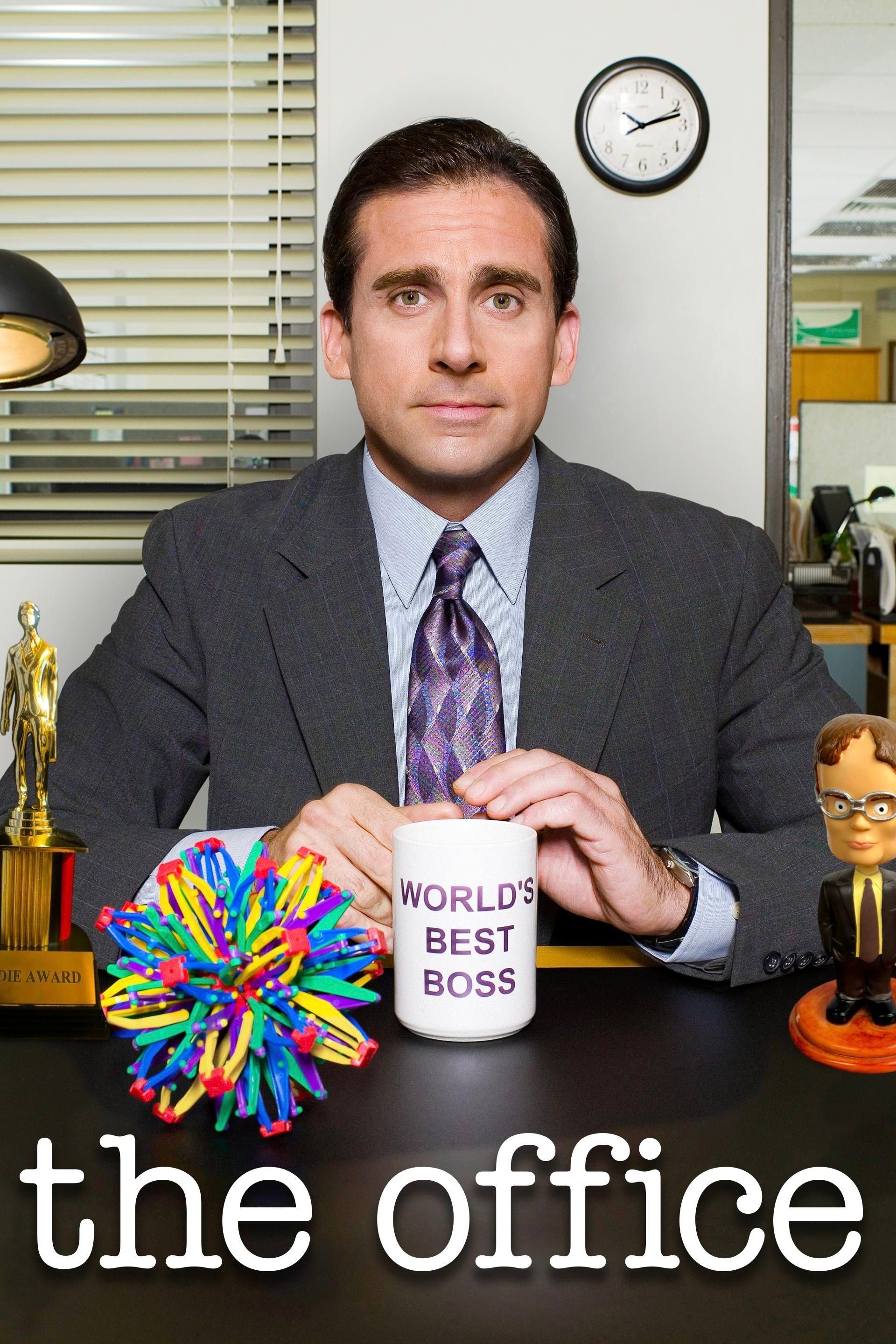A new book in The Hunger Games franchise is coming out next year, and it only drives home the reality that Suzanne Collins can never write a sequel, only prequels. The new book, titled Sunrise on the Reaping, is set to tell the story of the 50th Hunger Games. Astute fans of the books and movies will know the 50th Hunger Games was the year Haymitch Abernathy won. Indeed, the Hunger Games prequel will feature Haymitch as the central figure in the new prequel book.
Of course, Lionsgate has set a movie adaptation into development, titled The Hunger Games: Sunrise on the Reaping. Surprisingly, the Sunrise on the Reaping movie already has a release date, though it shouldn’t be that surprising considering the recent prequel movie, The Hunger Games: The Ballad of Songbirds and Snakes, was a financial success. Still, with another prequel on the way, it’s worth asking if there will ever be a sequel book in the Hunger Games universe. The answer is likely not–for a few reasons.
The Hunger Games Books Need The Hunger Games
The Games Are The Engine That Makes The Whole Story Go
Putting it simply, the Hunger Games books won’t work without their namesake. The games are the central hub around which all the other events turn; without them, the books would just be a typical story of class power struggle. The story needs the Hunger Games to establish literally everything in the universe: the world, the cruelty of the Capitol and particularly President Snow, how oppressed people, at their worst, will become as cruel as those they’re fighting, like President Alma Coin. The bare-bones survival narrative of the deadly competition at the heart of every Hunger Games book is the real engine, not the political intrigue around it. The whole thing simply falls apart without the games themselves.
That said, it is a shame that the books are so inextricably linked with and titled for the Hunger Games. There are several really interesting stories that could be told after Katniss and the rebellion help topple President Snow and liberate Panem. Political and social upheaval of that magnitude doesn’t magically settle down simply because the dictator is gone. Though Panem had run a cruel and oppressive system and disproportionate economy for generations, there are bound to be significant challenges in getting a new government and economy running, and plenty of stakes. But without the competition being the underpinning element, it just loses the DNA of what makes a Hunger Games story a Hunger Games story.
Hunger Games Book | Publication Date |
|---|---|
The Hunger Games | September 14, 2008 |
Catching Fire | September 1, 2009 |
Mockingjay | August 24, 2010 |
The Ballad of Songbirds and Snakes | May 19, 2020 |
Sunrise on the Reaping | March 18, 2025 |
It Would Undo Katniss & Peeta’s Ending & All They Sacrificed
Putting Panem Back Into Civil War Would Send A Bleak Message
A more in-universe story for why Suzanne Collins can never write a Hunger Games sequel is the simple fact that creating compelling stakes would require some sort of class struggle or battle on par with the emotional impact of the Hunger Games. To do that would undo everything that Katniss and Peeta sacrificed to win the games and then lead a rebellion. It’s not impossible to think that might happen, but it would be unimaginably cruel for Collins to write and painful for audiences to read.
The only way a Hunger Games sequel might work is if it were set far, far into the future, when, in the timeline, Katniss and Peeta were but distant names in a Panem child’s history textbook. There’s always the hope that the people of Panem learned from history and built a better society, one that was not doomed to repeat its mistakes of the past. However, if human nature and history have shown, that’s rarely the case, and societies and nations tend to get into cyclical patterns of peace and upheaval.
Still, while Panem regressing in a few generations, or even a few hundred years, would be the more realistic outcome, it would also be bleak. While Suzanne Collins pulled no punches regarding the brutality of human nature and the passive cruelty of the rich and powerful, the Hunger Games books ultimately ended on a note of hope. Writing a future-set sequel of Panem once again in dire straits would not only undermine everything Katniss and Peeta sacrificed, but also the hopeful ending Collins wrote. While prequels will eventually be quite limiting, The Hunger Games story has a clear endpoint and can go no further lest it risk undoing all that came before.

The Hunger Games
$3
The Hunger Games is a multi-movie franchise starring Jennifer Lawrence as Katniss Everdeen. The films are based on the young adult dystopian book series by author Suzanne Collins. The first film was released in 2012, followed by Catching Fire in 2013, Mockingjay Part 1 in 2014, and Mockingjay Part 2 in 2015. In 2023, the fifth film in the series was released, The Ballad of Songbirds and Snakes.
- Created by
-
Suzanne Collins
- First Film
-
The Hunger Games
- Cast
-
Jennifer Lawrence
, Josh Hutcherson
, Liam Hemsworth
, Elizabeth Banks
, Woody Harrelson
, Stanley Tucci
, Donald Sutherland
, Lenny Kravitz
, Willow Shields
, Phillip Seymour Hoffman
, Rachel Zegler
, Tom Blyth
, Viola Davis
, Peter Dinklage
, Hunter Schafer
, Jason Schwartzman
$52 at Amazon
See at Best Buy
See at Walmart
